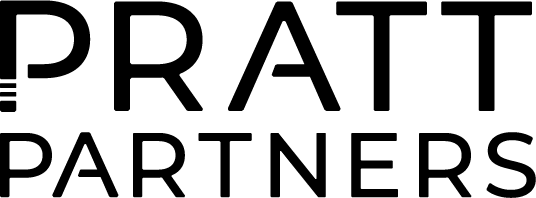New PSI rules
Personal services income (PSI) is income received as payment for individual personal efforts and skills. It applies to many contractors who provide services as their means of earning an income. PSI rules can apply to individual sole traders and other types of business entities, but not employees. If PSI rules apply, the entity is called a personal services entity (PSE).
The PSI rules ensure the income is attributed to the individual who performed the services and not apportioned across other entities.
There are several tests to work out if your income is PSI or if you are instead conducting a personal services business (PSB), which means the PSI rules don’t apply. If a personal services entity qualifies as a PSB, the ordinary tax rules apply for that financial year.
At least one of these four tests must be satisfied for an entity to be classified as a PSB.
Results test: the individual must be paid to produce a result, is required to supply their own equipment and tools to produce that result and is liable for the cost of rectifying defects in the work.
Unrelated clients test: the sole trader or entity must be engaged by unrelated clients, and services must be advertised to the public.
Employment test: in general, a sole trader or other entity must engage one or more entities to perform at least 20% of the sole trader’s principal work. Entities other than individuals must not be associated with the sole trader.
Business premises test: the entity must maintain and use business premises to conduct personal services. The business premises must be exclusively used by the PSE and physically separate from private premises and customers.
If more than 80% of income in a financial year is derived from one customer, the PSE must satisfy the results test to be classified as a PSB.
If none of the four tests are met, the income is classified as personal services income, and the PSI taxation rules apply. PSI rules restrict the type of allowable tax deductions made in relation to personal services income-earning activities.
How have the PSI rules changed? And how it may impact you?
The ATO have released new guidance (through TR 2022/3) following the decision in FCT v Fortunatow [2020] FCAFC 139.
To pass the unrelated clients test you must now:
Provide services to two or more clients not connected with each other or connected to you; and
The services must be provided as a direct result of making offers to the public at large.
In particular word-of-mouth referrals will not satisfy the requirement. The work obtained from a PSB must be a direct result of the offer or invitation. And the ATO understand that advertising can take on a wide range of print and internet advertising – but all offers must make an offer to the public (so an offer to a labour hire agency is not sufficient).
If you’d like to know more about PSI, talk to us to see if the services you provide meet the tests for conducting a personal services business. We’ll make sure you are claiming the maximum allowable deductions and being taxed correctly.

